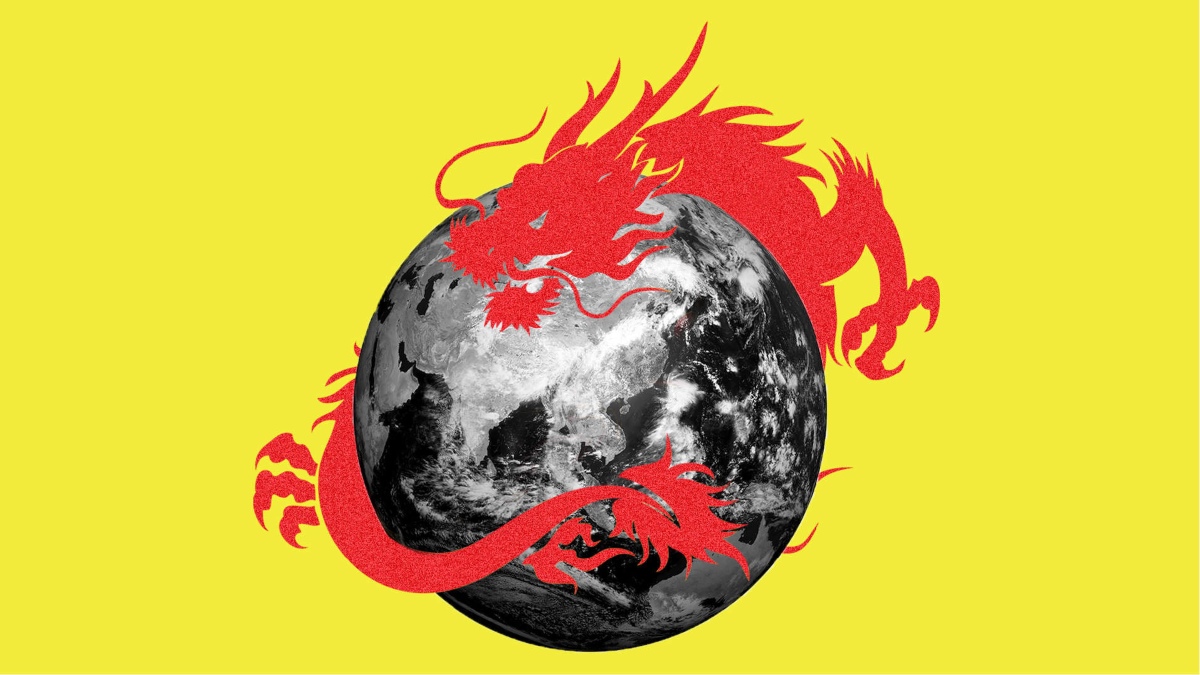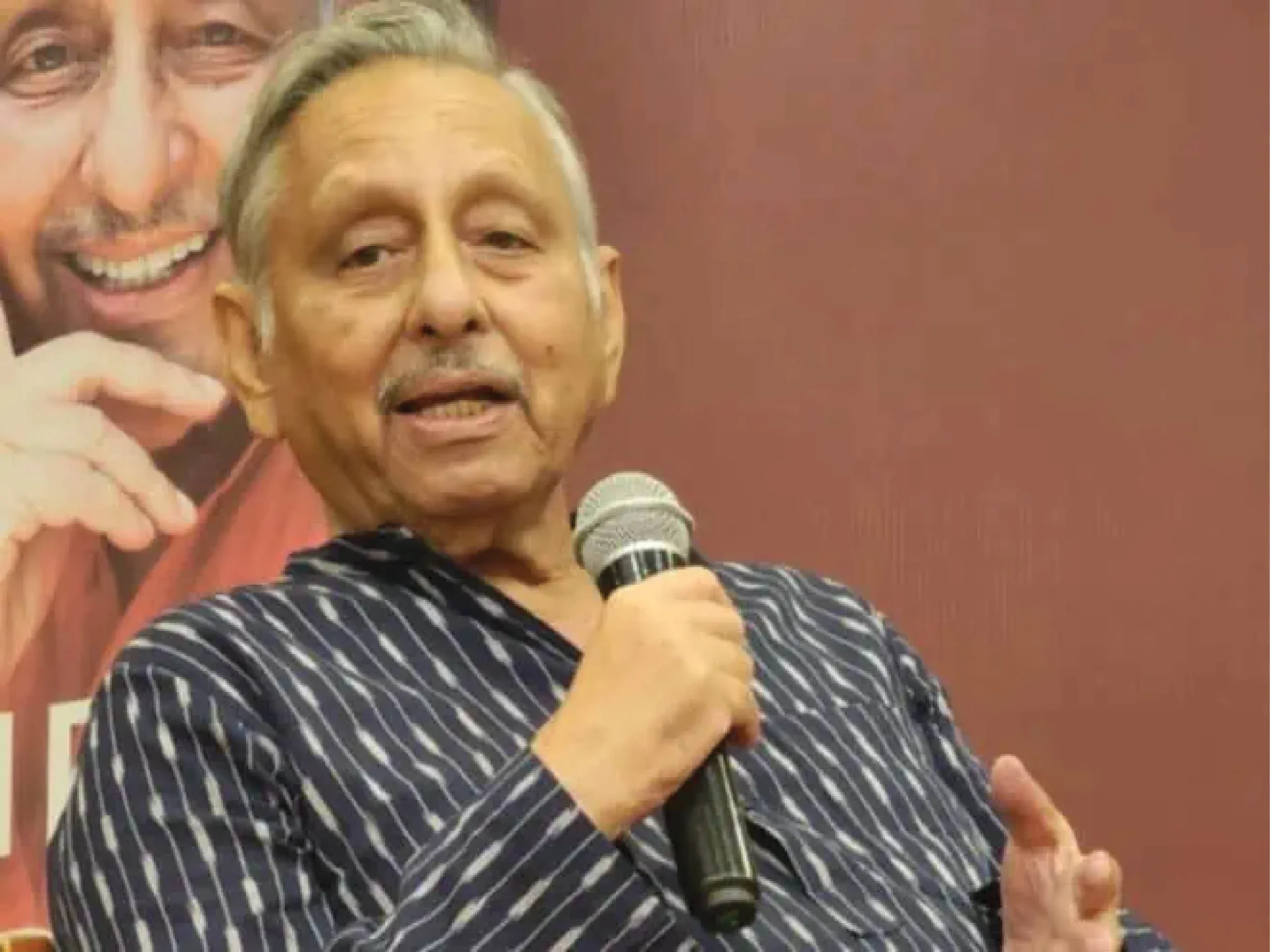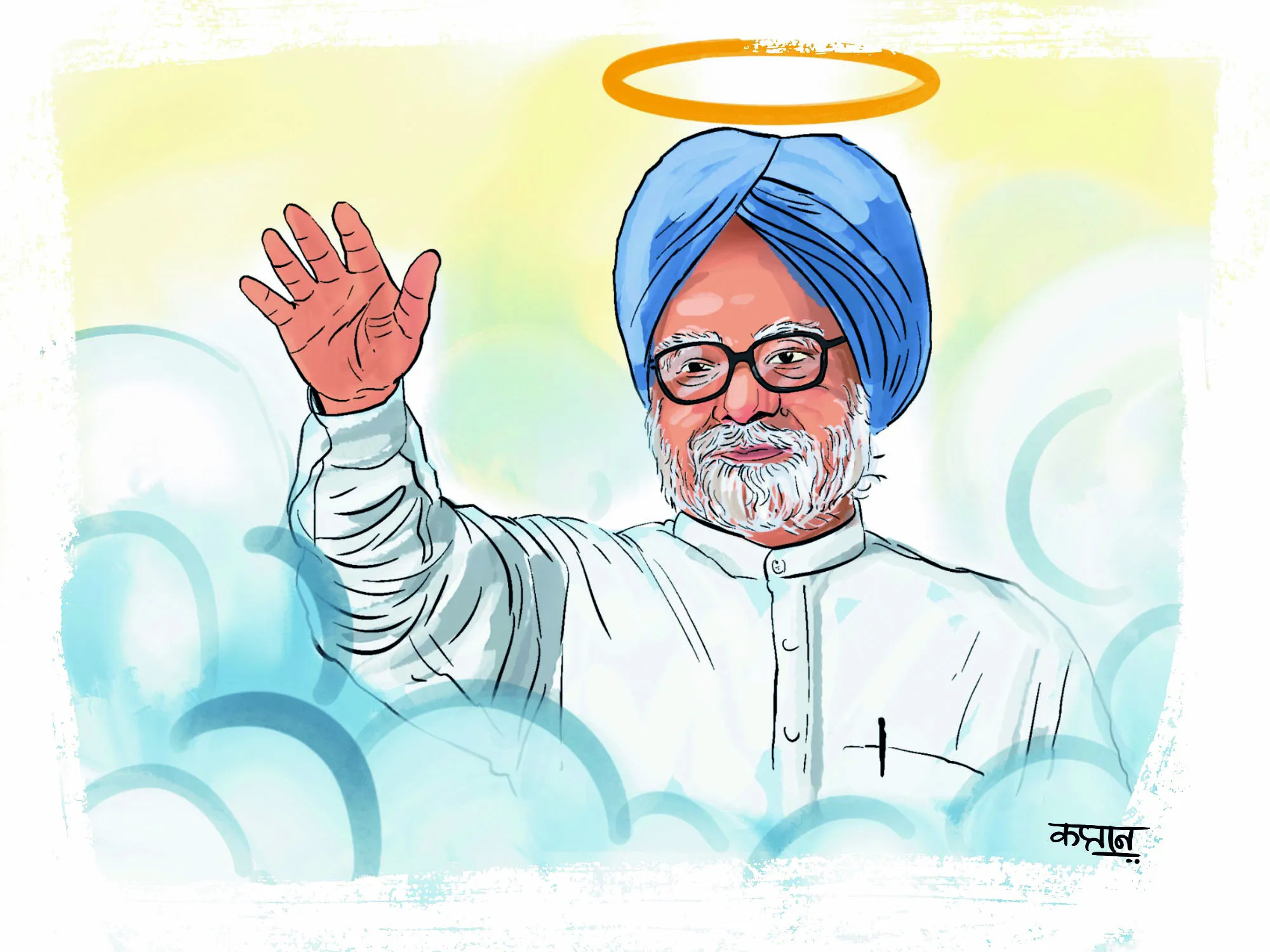The increasingly respected Edelman Trust Barometer is an annual trust and credibility survey. The 2021 Edelman Trust Barometer survey sampled more than 33,000 respondents across 28 countries. It finds that a failing trust ecosystem is unable to confront the rampant infodemic, leaving the four institutions—business, government, NGOs and media—in an environment of information bankruptcy. The US (40%) and Chinese (30%) governments are deeply distrusted by respondents from the 26 other markets surveyed. Most notable is the drop in trust among their own citizens, with China seeing an 18-point drop since May 2020. Xi Jinping should be choking.
Xi Ping Pong (he pings and pongs all the time) reminds me of the red Queen of Hearts in Alice in Wonderland, egotistic, megalomaniac, narcissistic, with a deep need for excessive adulation, making his ideas the core philosophy of the nation as divine knowledge, and giving frequent commands of “off with his head”. Face often red with fury, the Queen of Hearts is a sort of embodiment of ungovernable passion—a blind and aimless rage. I do not know what you mean by your way, the Queen rebukes someone, all the ways about here belong to me.
Communist China is very fond of teaching others a lesson (militarily), but never seems to learn any itself. It tried teaching us a lesson in 1962, USSR in 1969, Vietnam in 1979, and possibly USA in 2021. However, the textbooks that Beijing uses were published in Moscow and Washington DC when those two nations were acknowledged superpowers. China is viewed more as a lying, cheating thug, than as a superpower.
For 70 years China has tried to Sinicize Tibet and Xinjiang. It has failed. With its aggressiveness against the world, the question is at the forefront again, an unintended outcome.
The 1 February 2021 coup in Myanmar (“major cabinet reshuffle”, China calls it!) is yet another shot across China’s bow, after the disgrace of its son-in-law K.P. Oli in Nepal. Even its faithful slave, the dreadful Director General of the World Health Organization, has stopped composing hosannahs to Ping Pong.
In country after country, China’s influence is increasingly seen as pernicious.
In August 2020, Myanmar’s auditor general had cautioned the government about continued reliance on Chinese loans (both pre-BRI and BRI) that came with high rates of interest. The country has to repay as much as $500 million annually to China in both principal and interest. And Myanmar’s military (like ours) has not forgotten that the rebels it has been fighting for decades draw sustenance and succour from Communist China. Warming up to China has not induced China to abandon the rebels.
The present leaders of China grew up in a USA-USSR dominated world. With the demise of the USSR, they want to replace it. During the cold war, the US and USSR competed via proxy wars, avoiding direct conflict. Today, America’s Asian allies would follow the US into war with a neighbour, even though it has nuclear weapons and is their biggest trading partner. This shows the anger against China.
A French fellow called Napoleon Bonaparte is supposed to have said 200 years ago that when China awoke, the world would tremble (of course the world has awoken, and China is trembling). International responses to China have gone through three phases in last 30 years; envy and admiration (wish we could do it too), exhilaration (cheap goods, easy loans, and investment), fury (China is stubborn, expansionist, dangerous, virus-unleashing and deceitful). All three sentiments are now coalescing into acute discomfort. There does not seem to be a Mandarin version of Dale Carnegie’s 1936 classic: “How to win friends and influence people”.
No one on this planet, not even most of the Chinese people, trusts the Communist Party of China. China does not have the capability to take on the world, despite all its posturing.
China’s textbook has five chapters for dealing with other nations: In the first chapter, China evokes perennial friendship and uses political influence, if that does not work, it tries economic inducement, if that too does not succeed, it uses the military threat, if that too fails, it blusters. If nothing else succeeds, it starts whining.
Since the 15th century, open seas permitted trade (and conquest) that in turn led to massive development in the seafaring nations. Britannia rules the waves, it was said. The most revered Portuguese King was known as Henry the Navigator. Spain and France and Japan and Germany and America fought each other for control of the seas. After the world wars of the last century, the oceans were recognized as the common goods. Till Communist China decided that only the nations that genuflected before China could use the seas.
In a recent webinar, I was amazed to hear a good professor from the China Foreign Affairs University, Beijing, talk about how, in the new power paradigm, China and the US should avoid the Thucydides Trap in which an emerging power challenges an established power often ending in war. The obvious self-gratifying inference was that China was now in a position to challenge the US.
I am aware that Chinese food habits provoke all kinds of viruses, but was not aware that they also induce hallucinations. Under Ping Pong, China has become a personality-driven polity. The increasingly centralized system means party officials have reached their bureaucratic nirvana, also known as paralysis. No decisions are made, only “required actions” taken. Under Xi, China has been transformed from one-party rule to a one-man dispensation. The dustbin of history is full of autocrats who sought lifelong rule, caused untold miseries to their own and other people, and met an unsavoury end, leaving poor legacies.
China has overplayed its hand, taking on the whole world at the same time. This explains the rapidly rising Sinophobia. Everywhere, Chinese are suspected.
Under growing international pressure and ridicule, Xi will brazen it out as long as he has money to squander, but when the money runs out and domestic conflicts boil over, China will reach its Gorbachev moment, and political change like in the former Soviet Union would occur domestically, led by its own people.
“Peace for our time” will not come with Xi Jinping. It did not come when Neville Chamberlain returned after meeting Adolf Hitler in 1938.
China’s leaders have a right to seek a larger international role for their nation but, obsessed with their own narrative of victimhood (century of humiliation) they do not see that they themselves are the world’s bullies. It is similar to Pakistan, which in its quest for international respectability as a pillar of Islam has become the global wellspring of terror.
If Islamophobia is prevalent in the non-Islamic world, what about China? Have the Uyghurs and Kazakhs been interned because their apparel is different? If China could resolve its identity crisis and once again become an attractive civilisation rather than just an enviable development model, it would be much better placed to get the respect and influence it craves. It is easy to self-declare oneself to be a leader. The uncomfortable truth is that leadership has to be accepted by the led. China’s political system, repressive, oppressive, and murderous, is attractive only for wannabe Hitlers, Stalins, Idi Amins, Jean Bedel Bokassas, Genghis Khans and Mobutu Sese Sekos.
The revised December 2020 note of the Policy Planning staff in the US Secretary of State’s office suggests that the Chinese Communist Party aims not merely to dominate the established world order of free and sovereign nation-states—but to fundamentally revise the world order to serve Beijing’s hegemonic ambitions.
The CCP’s recklessness in allowing the novel coronavirus born in Wuhan to develop into a global pandemic coupled with the concerted disinformation campaign that Beijing undertook to conceal its culpability should put doubts to rest. The conventional wisdom long supposed that China’s rise would make it a “responsible stakeholder” upholding the international order. What naivety!
Dreamers even shut their eyes to the bloody June 1989 massacre of thousands of prodemocracy protesters in Tiananmen Square and throughout the country. Now, reality is beginning to obtrude.
The Chinese military is not invincible. If it were, they would have taken Taiwan and parts of Vietnam long ago. Salami slicing and terrorism are the tactics of the weak, to fight a surreptitious war.
I read again, “They Thought They Were Free”, the 1955 classic by American journalist Milton Mayer that analyses why Germans did not stand up for their rights, even as one mesmerizing demon drove them to their destruction. A system slowly manifested itself in which hate and fear supplanted sanity and reason, and ordinary people were willing to kill and to die.
Totalitarian regimes remain in power only if they set everything around them in motion—perpetual motion mania. So, keep creating utopias—attainable in the future for present sacrifices. The Long March is unending.
Nazi Germany (like today’s China) emphasized nonintellectual virtues (patriotism, loyalty, duty, purity, labour, simplicity). Intellectuals, especially those who questioned the spreading poison, were effectively silenced, respect for the teacher metamorphosed into resentment, trust into suspicion (remember the Cultural Revolution in China during which Xi denounced his parents?).
I shuddered when in October 2020, Xi asked PLA troops to be “absolutely loyal, absolutely pure, and absolutely reliable”. Does he read “Mein Kempf”?
In December 2020, Xi summoned the Communist Party of China’s 25 Politburo members for a “Democratic Life Meeting”, preparatory to the July 2021 centenary of the Party’s establishment.
The theme of the session was to “earnestly learn the thought of unique socialism in China in the new age of Xi Jinping”. State-owned China Central Television aired each of the 25 Politburo members pledging fidelity to Xi. The July 2021 meeting will confirm Xi as leader for life and in the afterlife, agree that the Chinese virus came from Mars, boast that the Chinese vaccine has saved the world, show that the economy grew in 2020 at the highest rate in human history, and suggest that all world leaders have sworn fealty to Ping Pong.
China is on auto-destruct.
Ambassador Dr Deepak Vohra is Special Advisor to Prime Minister, Lesotho, South Sudan and Guinea-Bissau; and Special Advisor to Ladakh Autonomous Hill Development Councils, Leh and Kargil. The views expressed are personal.






















